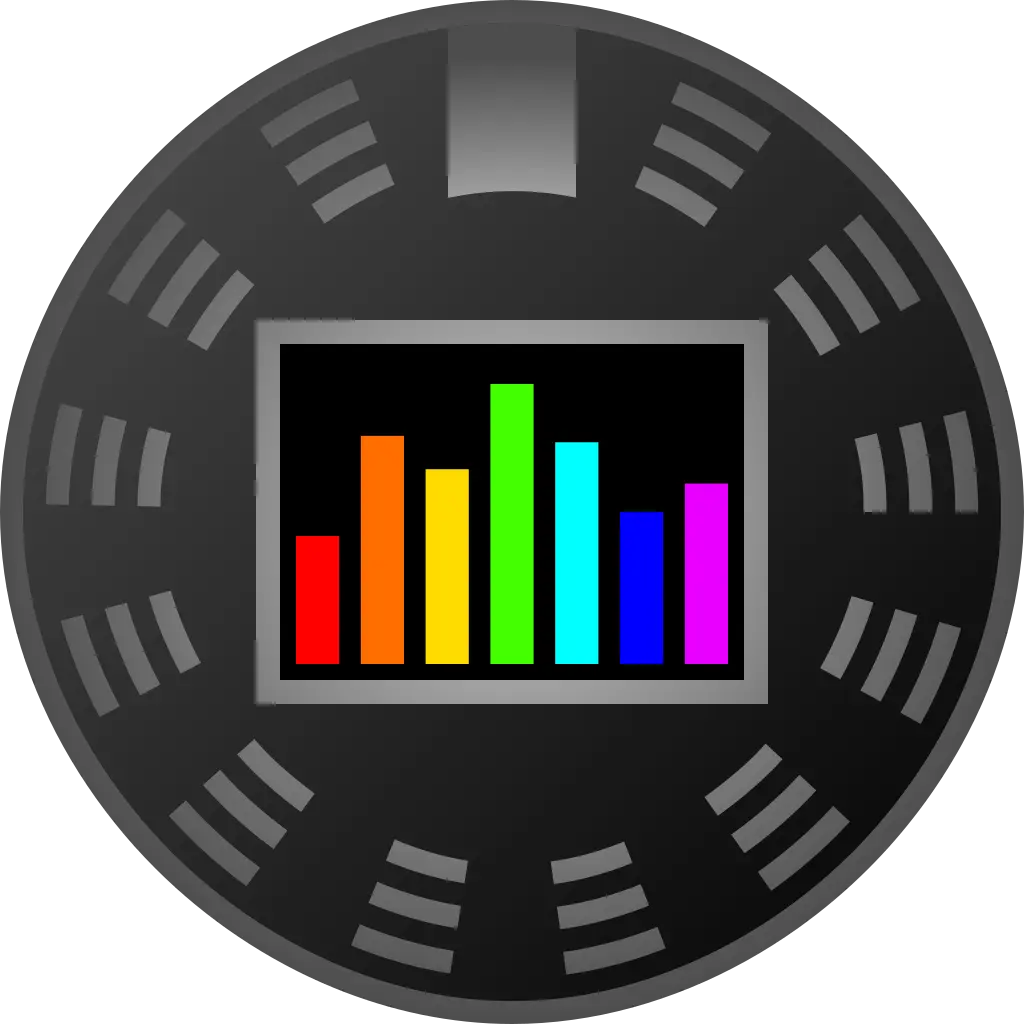Very common it seems for songs to change keys into a higher one but I dont think I’ve really ever heard something doing a descending modulation or key change…
closest I can think of is Strawberry Fields by The Beatles but my understanding is that is Varispeed or something, not really sure what the heck is happening in that song other then its gradually flattening but not sure what that even is
I’ve lived through far too many of these songs to know so little about the genre, but I believe, this applies to many polkas.
They like to end on a hearty, cozy note, so they want the warmer sound of a downward modulation.I think, a common structure is something like:
- Chorus b-flat
- Chorus b-flat
- Some intermezzo, like commonly a bass solo
- Chorus d-flat
- Chorus d-flat, but in forte
Whats the classic polka to suggest? I always knew I was Bohemian lol
Oh man, I figured a question like that would follow. Now I gotta listen to polka to remember what the songs were like. 😅
So, I only know the German titles, and these are like the low-hanging fruit, the pop songs of the polka genre. I’m sure, some polka connoisseurs would have wildly different suggestions.
Kind of the most stereotypical always-getting-played polka is “Böhmischer Traum”. It largely follows the structure I wrote out up there, although it actually puts a load of complexity on top.
Then the polka that always got the most excitement out of the crowd when we played it, is “Die Sonne geht auf”.
It’s a relatively non-standard polka, though, with relatively much influence from marching music, and somewhat more concert style, i.e. not really something you’d dance to.Well, and for a polka that really follows that structure almost to a tee (with e-flat instead of d-flat), there’s the “Kuschel-Polka”.
Some others we frequently played: Morgenblüten, Slavonicka-Polka, Wir Musikanten, Böhmische Liebe, Südböhmische Polka
I’ll leave it as an exercise for the reader to find out, if these ones actually match the structure above. 🙃Edit: Oh, I forgot another pretty much always-getting-played polka: “Auf der Vogelwiese”
Can you think of any other musical forms or genres that are characteristic of downwards modulation?
Yeah, really not sure. I feel like downward modulations were generally not that uncommon during my time in wind band here in Germany, but aside from polka, I find it difficult to say, if it was any particular genre.
I guess, it would probably be similarly common in the more traditional German wind band music, which we often played alongside polka. You might find some of that, if you search for “Blasmusik” (which technically only means “wind band music”, but yeah).It’s also quite possible that I’m being a fool and I’m just remembering the downwards key change in my notes, which I guess you’d have just as much, if you’re doing the usual upwards modulation by a fifth. In particular, I always played lower instruments, so it’s possible that we went down by a third even though the rest of the orchestra jumped upwards.
Totally unrelated but it’s so funny how Lemmy one day will show you 20,000 cat photos and the next it’ll ask about music ‘key modulation’ or Linux ‘btfs formatting’. It’s so interesting learning about peoples interests
Oh! Charles Cornell just did a video on this!
TLDR: Africa by Toto, along with a bunch of their other songs.
“Wandering Boy” by Randy Newman does something like what you’re describing.
IIRC, it makes the song sound like it is losing energy, which is usually not a desired effect.
I’ve never been good at theory so I could be way off, but I think Sublimes “Pool Shark” does what you’re asking about.
Thanks! very strange sounding if it is in fact doing what I’ve described
curious, what was your first impression on hearing that song?
Broadly: How sad.
Musically: I caught the change and definitely thought it was unusual. It brought a mildly aggressive feel to the later section of the song.
If I’m remembering right it opens in Dm and then goes down to F#m after the first chorus. So pitch wise a shift downward, but maybe you’re talking counter clockwise on the circle of fifths or something?
Edit: when I first commented I either didn’t see the Strawberry Fields reference or it wasn’t there yet. We’re probably not talking about the same thing, but definitely give the acoustic version of Pool Shark a listen.
Your Strawberry Fields reference made me curious though and I found this interesting snippet https://www.reddit.com/r/beatles/comments/5fgser/the_famous_splice_edit_in_strawberry_fields/
Utterly fascinating! Thank you so much for this :)
Also I was super unclear and did an edit so no worries about it, I often revise when my perspective or knowledgebase changes so its nothing on you, I just like to tweak things as I go along



